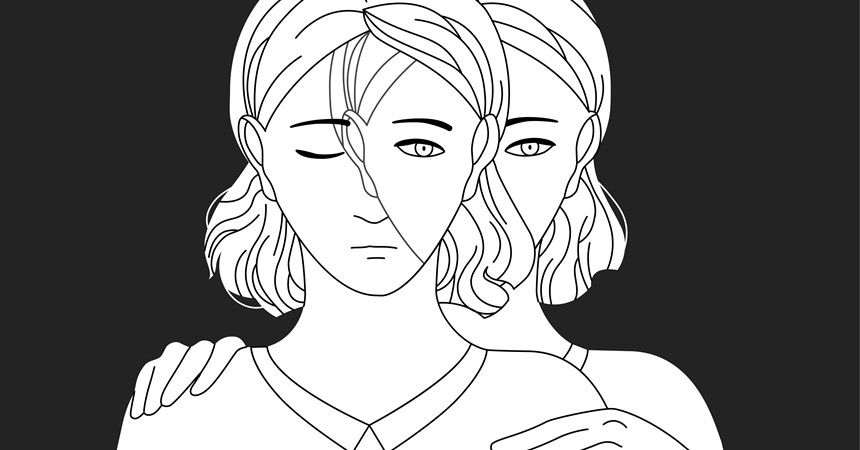Family and domestic violence knows no boundaries and occurs across all demographics and socioeconomic categories. Complacency is complicity; never for a moment should you think that you and your loved ones are immune to the ever-growing risk it presents. The first thing you can do to protect yourself is be educated.
Family and domestic violence can affect anyone but the majority of perpetrators are men and the majority of victims are women and children. Both forms of violence include a range of behaviours including but not limited to physical violence, emotional abuse, psychological abuse, including; intimidation and harassment and coercive control which could be controlling a partner’s access to finances; excessive or unreasonable monitoring of a person’s movements; and isolating a person from contact with their family or friends.
According to the Australian Bureau of Statistics Personal Safety Survey one in six women have experienced physical and sexual violence by a current or previous partners since the age of 15; one in four women have experienced emotional abuse by a current or previous partners since the age of 15; and one in five women have experienced sexual violence since the age of 15.
The Australian Institute of Health and Welfare surveyed of 15,000 women online and found that during the three months leading up to May 2020, 4.6 per cent of women had experienced physical or sexual violence from a current or former cohabiting partner. Almost two-thirds of women said the violence had started or escalated since the commencement of the COVID-19 pandemic. Relative to other age groups, young women aged 18–24 had the highest prevalence rates across all types of domestic violence reported.
Domestic and family violence is abhorrent. Every person should be safe to live in relationships that are free from any form of abuse, coercion, or violence. Why is it then, that some people stay in these relationships with those that cause them harm? There are many factors that may lead to a person staying in a violent or abusive relationship, some of these reasons include the victims having a deep sense of guilt or shame or a fear of retribution if they leave. They may feel a sense of obligation to the perpetrator or lack the resources or money to leave, often because the perpetrator also controls their finances and other assets. They may have a limited support network or have other reasons they cannot explain. Whatever the reason, we as a community need to be careful that we are slow to judge and quick to support those who are affected by this crime.
Based on the statistics of how many people are victims of domestic and family violence it is probable that you know of or will come in contact with someone who is or has been affected by violence at the hands of an intimate partner or other family member. Family and friends are often the first people a victim will tell.
Whilst this can be very confronting if you are the family member or friend being confided in, it is important that you remain calm and listen without judgement. Give the person time to speak and tell you their story, help them make a safety plan and if possible help them find a safe place to stay if they choose to leave.
Whilst we all want our family and friends to be safe and free from harm, it is important that we are supportive, not directive and we give victims of abuse the space they need to think and make their own decisions. That said, we need to support them to seek help and report their abuse to police. After all, domestic and family violence is a crime. There is no place for it in our community.
If you are in immediate danger, call the NSW Police on 000. Or if you or know someone you are experiencing domestic and family violence call 1800 RESPECT (1800 737 732) or visit www.1800respect.org.au
Gary Christensen is the Director of CatholicCare Social Services Hunter-Manning




























































































